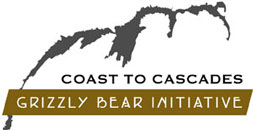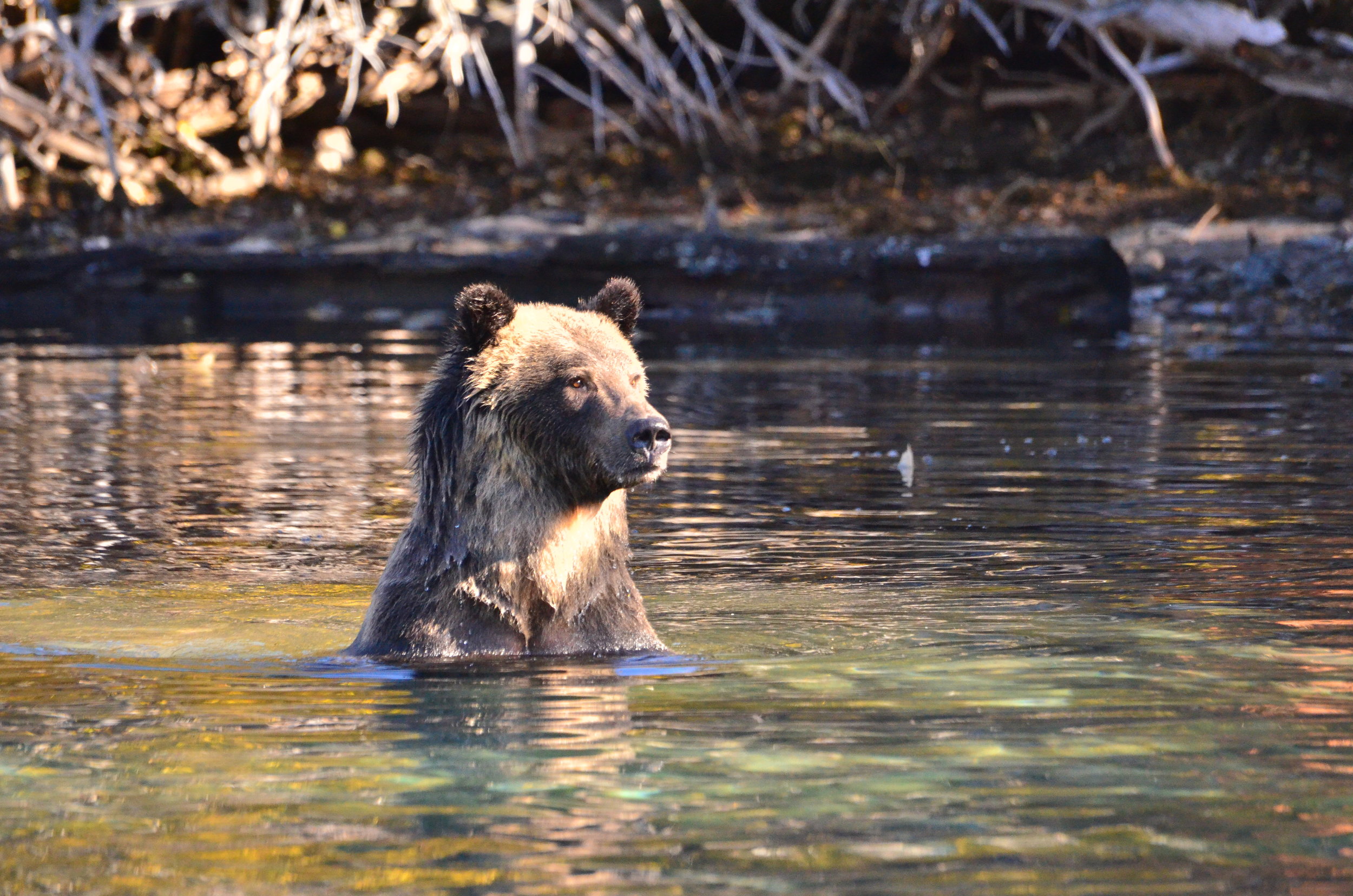When talking about grizzlies we often find that the topic of guns comes up. While there is no legal hunting in the five threatened populations focused on by COASTtoCASCADES, the greatest loss of bears is through them being shot. These shootings are either due to illegal poaching or instances of real or perceived human-bear conflict. So how to reduce the likelihood of human-bear conflict when in bear country? Well, we can adopt habits that will keep us safe, such as:
On November 3rd 2014, the Council of the District of Lillooet voted in favour of supporting grizzly bear recovery, highlighting in the resolution that "grizzly bears and the wild places they inhabit are an iconic and integral part of the Lillooet region's natural heritage and image".
COAST to CASCADES hired a new Outreach Coordinator for the campaign in August of this year. Claire Ruddy is based in Whistler and helped organise the hugely successful 'Night with Grizzlies' event we hosted in April, which (rather helpfully) meant she was able to hit the ground running. With summer markets and events in full swing we booked into events all along the Sea-to-Sky from Squamish to Lillooet.
Fueled by the US National Park Service the US Federal government has decided to take the significant first step to restore grizzly bears to the Washington Cascades. Cascades grizzlies are critically endangered with only a handful of animals in the entire Cascades range. Thousands of grizzlies once roamed these rugged mountains and valleys.
Few animals are as synonymous with the wilderness of British Columbia as grizzly bears (also known as brown bears, or Ursus arctos on formal occasions). These large, majestic animals roam the wild places of our province and are great indicators of the overall health of an ecosystem. Generally speaking, in order to support keystone species like grizzly bears, every element of an area needs to be in tip-top shape. When thinking about grizzly bears as canaries in the coalmine, two key variables to consider are their diet and physical size.
Last summer, some members of the Coast to Cascades team were fortunate enough to go on their first official trip - a tour around the Lillooet and Pemberton areas. Our trip took us to striking locations near sun-soaked lakes and rivers where we met with bear biologists, members of the Pemberton Wildlife Association, and other locals to learn about the grizzly bears’ habitat needs, threats they are facing, and the potential for their recovery.






